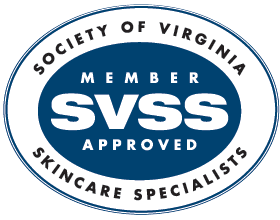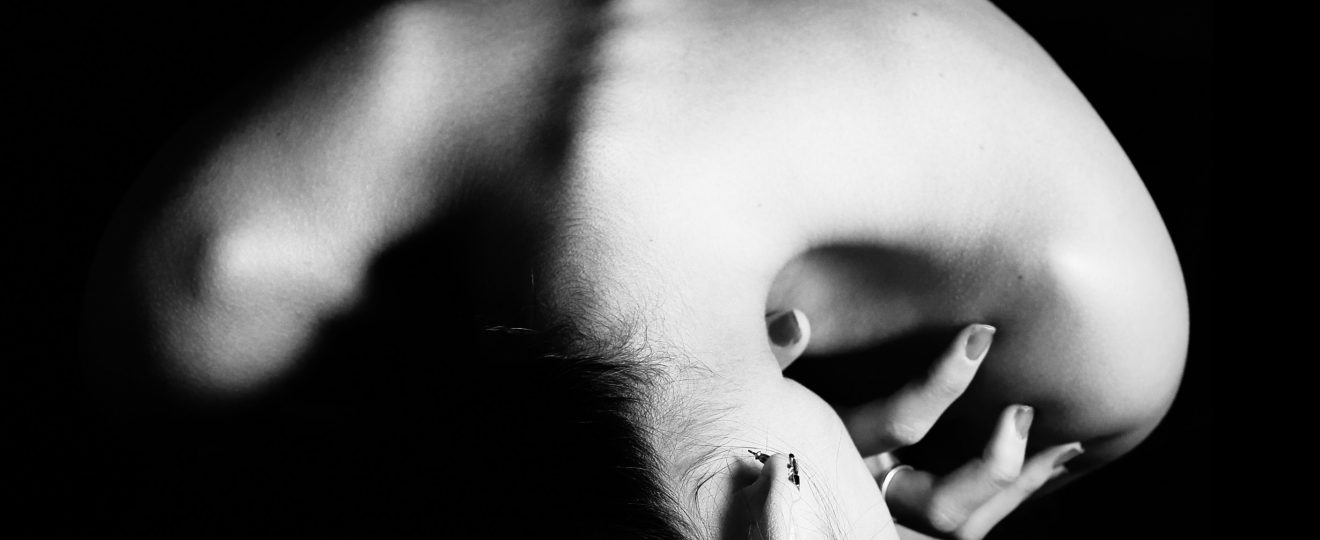2002
Legislative session where a House Bill was proposed to study the need for esthetics regulations. This study was overseen by The Department for Professional Occupational Regulation (DPOR), Director Bill Ferguson.
November 2002
DPOR concluded after a lengthy study and public comment that regulation by mandatory licensure of Ethetics was evident. At this time, there was no one willing to carry a bill into session.
October 2004
A group of industry leaders meet in Richmond at the SCHEV (State Council of Higher Education for Virginia) offices to discuss the logistics of licensure.
SVSS represented
Saphonia Gee and Kim Thumel attended the meeting to represent The Society of Virginia Skincare Specialists (SVSS).
The original group of professionals that met at SCHEV eventually separated into three different organizations.
The Professional Esthetics Association Formed
The Professional Esthetics Association (PEA) was formed for the purpose of crafting a bill.
Opposition to two-tier system
Opposition was met about the specifics of the bill. Some members supported a two-tier bill, while others did not. Two-tier meaning that there would be license for basic level and master level esthetics.
The Virginia Panel for Esthetics Licensure
Members split from PEA to form The Virginia Panel for Esthetics Licensure.
SVSS crafts HB2510
Concurrently, SVSS continued their mission for two-tier licensure and crafted HB 2510.
Sponsorship
SVSS received sponsorship for HB2510 through Delegate Phil Hamilton, who eventually passed it on to Delegate John Welch, III (R-Virginia Beach).
Saphonia Gee and Kim Thumel on behalf of SVSS met with Delegate Welch and his aid Robert Rummels to explain the intricacies and importance of licensure.
January 2005
January 2005, Delegate Welch introduced a two-tiered bill.
Spa Day
A Spa Day was created to educate members of the Virginia General Assembly about the field of esthetics and promote awareness of the bill.
Lobbying
Meanwhile all three groups, PEA, SVSS and The Virginia Panel continued to lobby, but SVSS and The Panel were focused on the importance of two-tier licensure.
NCEA supports the Bill
The National Coalition of Esthetic and Professional Association (NCEA) wrote letters to support the bill.
HB2510 Passes
After many committee meetings and valuable time spent on Capital Hill, SVSS and The Virginia Panel were successful.
The approximate $50,000 invested by SVSS in lobbying HB2510 paid off.
September 20, 2007 – HB2510 takes effect
On September 20, 2007 HB2510 took effect. Estheticans must have a basic license (600 hours) or a master esthetics license (1200 hours) to practice in the state of Virginia. As of October 20, 2007 anyone practicing esthetics must have a license.

